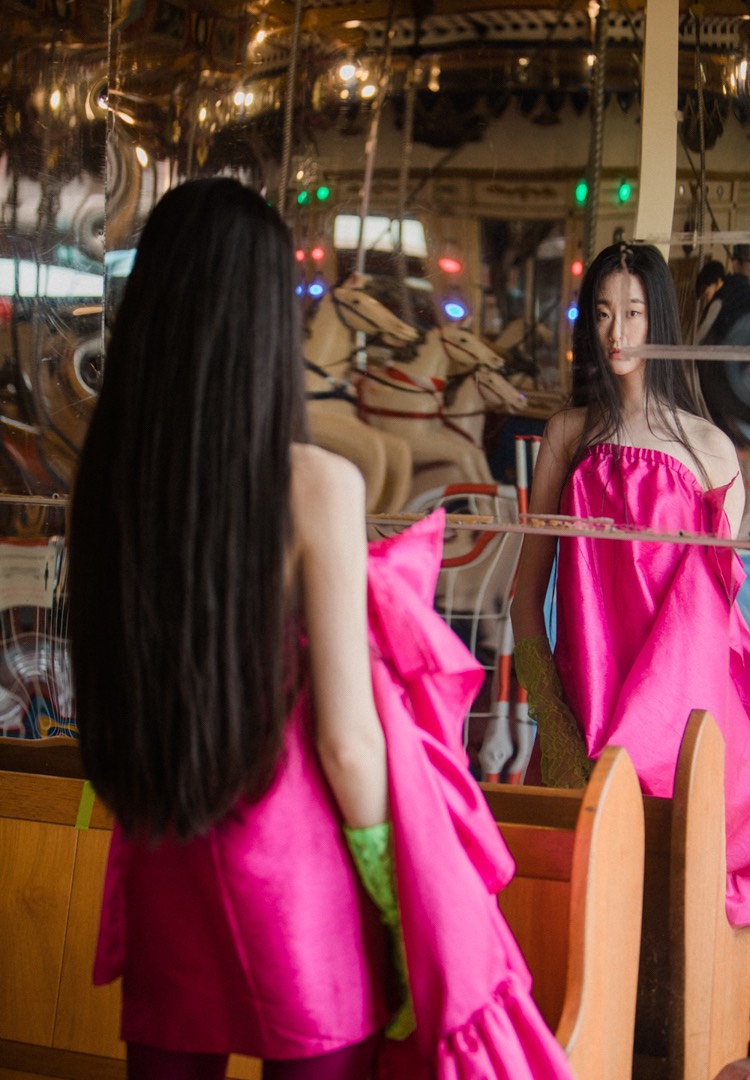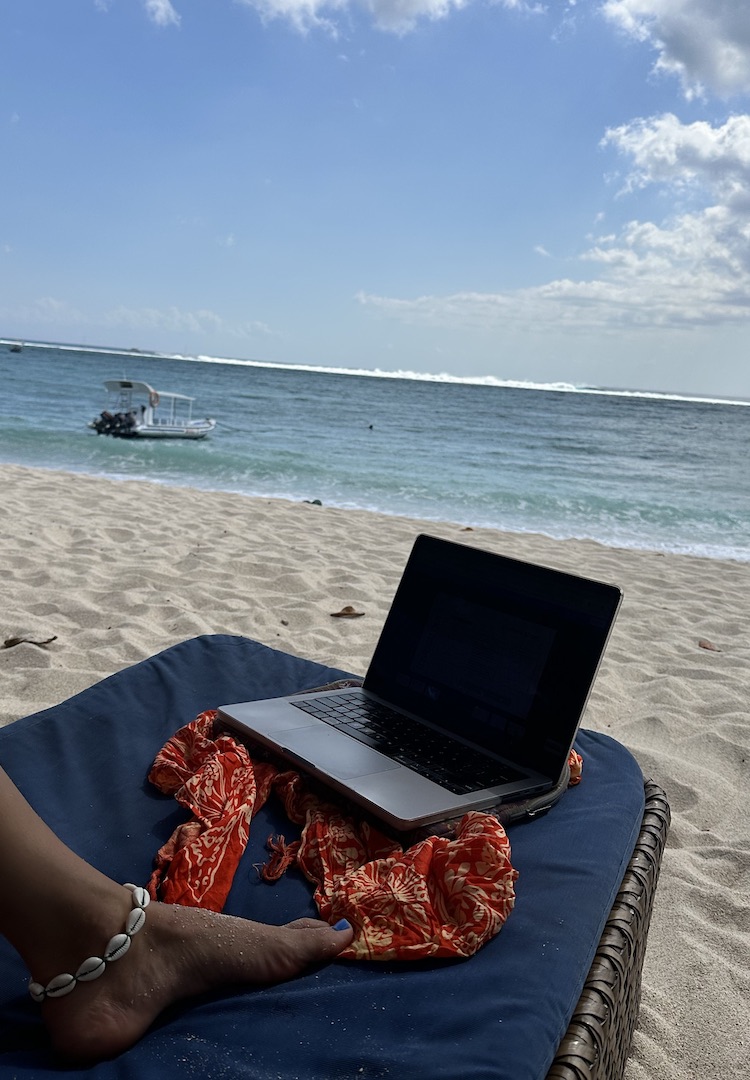Here’s how to make sure your internship isn’t exploiting you
PHOTOGRAPHY BY JASON HENLEY
WORDS BY TIFFANY FORBES
How do you spot a worthwhile placement from a phoney?
As a journalism student, you quickly come to learn that the single most important phrase in our industry vernacular is the dreaded line ‘Experience is the key to getting your foot in the door’ closely followed by ‘Connections are everything’.
Translated? This means work experience, internships and placement programs are a writer’s liquid gold when it comes to building our portfolios and networking with editors, other journalists and industry professionals alike.
We bring you weekly career advice. Head on over to our Careers page for all the tips of the trade.
While it’s important to acknowledge they’re a particularly arbitrary ritual associated with entering the journalism field – given not all people are privileged enough to foray into the unpaid internship space – if you happen to be in a position where you’re able to undertake one, there’s no doubt it can be a stellar opportunity to learn and grow as a budding writer.
But, like anything, there can be a dark underside to these placements that leave unassuming students roped into doing free labour sneakily concealed as ‘experience’. And this can happen across the board, no matter what industry you’re interning in.
Judging by how prevalent this experience has been for me and many others in my journalism cohort, I for one, think this underside needs to be more readily discussed in course curriculums to prevent vulnerable students from wasting their valuable time in a position they get nothing out of.
To kick-start the conversation, I joined forces with a Monash Communication design and media communication student, Maggie Zhou, who has interned at Broadsheet, Liven, Cocktail Revolution and here at our very own Fashion Journal, to create a fool-proof guide for detecting whether your placement is legitimate or one to steer clear of (and fast).
How do I spot a worthwhile placement from a phoney?
FairWork Australia outlines that an unpaid work experience arrangement or unpaid internship can only be lawful if it is a vocational placement or if there is no employment relationship found to exist.
In layman’s terms, unless it’s a course requirement as part of an educational or training institution, if what you’re doing would be considered a paid job at another business, you shouldn’t be doing it for free.
What does this look like? If your workload is identical to other paid employees, your duties are more productive than observational or you’re replacing someone who was in a paid position, then I hate to break it to you, but that’s called a job, not an internship.
On the other hand, if you’re just grabbing coffees, cleaning floors, running basic errands, performing admin tasks and not learning anything, that’s just as much of a red flag too. The golden rule is that you should be gaining valuable skills from the experience, just as you should be the person primarily benefiting from the arrangement, not the business.
When applying for internships, Maggie says it’s good to look out for:
- A specific outline of tasks, so you have a general idea of what you’ll be doing day-to-day. Ensure this aligns with your expectations
- Whether you will be reporting to a specific mentor because it’s important to have someone to raise questions with and help you navigate tasks when you’re feeling stuck
- Check if the company has conducted internships before, as this indicates that its program is a well-oiled machine
She also advises checking LinkedIn and contacting people who may have interned at the organisation previously to ask about their experience, as it’s a good way to get an honest gauge of what you can expect.
What’s the deal with getting paid?
People undertaking placements don’t need to be paid if there’s no employment relationship in place. But if there is, then the person doing the training is an employee and lawfully entitled to remuneration.
I think I’m trapped in a bad internship, where do I go from here?
If this article has been the awakening you needed to relieve yourself from a toxic relationship with an exploitative internship, it’s time to take action. As a student, it’s easy to fall into the trap of feeling obliged to do whatever your host organisation asks because of the mentality that they’ve done you a favour and given you an opportunity.
But if you’re not happy and you believe you need more from the exchange, you are within your right to ask. “I would try and talk to the person who is managing you because a lot of the time these are really busy editors or people in charge who might have just overlooked what you’re feeling,” Maggie explains.
“Send them a nice message and say ‘Hey, can we have a five or 10-minute chat today?’ Then sit down face-to-face if possible, or over the phone, and just tell them how you’re feeling. Don’t just be vague. Tell them what you want to achieve here and what your learning goals for the placement are.”
Alternatively, if scheduling a meeting is too confronting, slide it into a day-to-day conversation. For example, if you see something you want to learn more about, ask if you can help. Otherwise, identify some tasks or areas within the organisation that you’d like to pursue and ask to be paired with someone from that department for the day.
If all else fails, it might be time to simply finish your required hours and never look back. Otherwise, straight-up cut ties and look for a new opportunity because the phrase ‘knowing your worth’ extends beyond just your love life.
Find out more information about Australia’s unpaid work experience and unpaid internship laws here.













